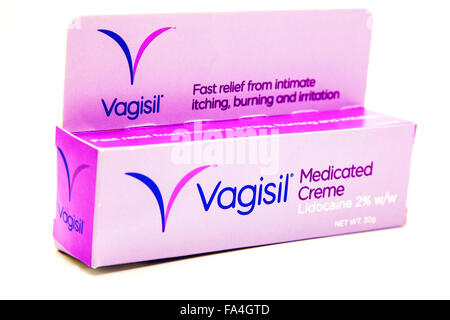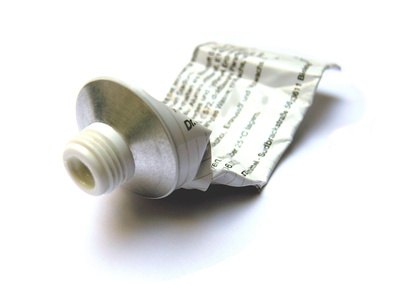


Some women may also be experiencing a vulval dermatitis, or even a more serious but rare condition called lichen sclerosus, which can cause itching and require completely different treatment. We need a cure for bacterial vaginosis, one of the great enigmas in women's health The other women had conditions such as bacterial vaginosis which can cause an offensive vaginal discharge and is caused by a bacteria not a fungus. One study showed that of women who treated themselves for vaginal thrush, only one-third actually had thrush, and around 14% had no infection at all. The trouble is, Candida albicans isn’t the only cause of these symptoms. Anti-fungal treatments are highly effective if the symptoms are caused by thrush. from īecause thrush is so common, many assume if a woman is experiencing vaginal itch, thrush is the guilty party. Many assume if a woman is experiencing vaginal itch, thrush is the guilty party. But generally both types of treatments are well tolerated.
#VAGINAL ITCH CREAM SKIN#
And topical treatments may cause skin irritation for others. Some women may experience stomach symptoms with the oral tables, for instance. There is no difference in effect between the types of treatments it comes down to a preference or tolerability. The topical treatment generally works a bit quicker than the oral. There are two main types of treatment: oral (tablets taken by mouth) or topical (creams or vaginal pessaries applied directly to the vaginal area). Health practitioners often recommend anti-fungal treatment for thrush. What is a topical and oral anti-fungal agent? But for most women, it’s not clear what causes episodes of thrush. Genetics could play a part too, and diet is possibly implicated. It’s likely hormones play a part in the condition as vaginal thrush is rare in girls before their first period and in women after menopause. Sometimes thrush occurs during pregnancy. Recurrent thrush: how some women live with constant genital itching However, vaginal thrush is not considered to be sexually transmitted. For others, it seems to occur after sexual intercourse. When symptoms do occur, they may include itchiness, burning and discomfort, often accompanied by a “cottage-cheese” discharge.Ī course of antibiotics (which can alter the balance of micro-organisms in the vagina and allow Candida to thrive) may bring about an episode of thrush. Vaginal thrush is caused by a fungal organism from the Candida family, which usually exists in the vaginal environment (along with a huge number of other micro-organisms) without causing issues for women. This is because if symptoms of thrush persist despite treatment, you may have an entirely different condition that would not be helped by anti-fungal creams or tablets. Guidelines on treating vaginal itch, from a campaign to eliminate tests or procedures that could be harmful or ineffective, state:ĭo not treat recurrent or persistent symptoms of vulvovaginal candidiasis with topical and oral anti-fungal agents without further clinical and microbiological assessment. Since having a vaginal condition can be embarrassing, it’s sometimes preferable to buy creams or tablets from the chemist and treat yourself.īut this also means some women may be using treatments that aren’t best for their condition, or that could be ineffective. Treatments for thrush are available without a prescription. Many women who experience persistent vaginal itch or discharge assume they have vaginal thrush (vulvolvaginal candidiasis).
#VAGINAL ITCH CREAM SERIES#
This occasional series explores such needless treatments or procedures individually and explains why they could cause more harm than good in particular circumstances. From time to time, we hear or read about medical procedures that can be ineffective and needlessly drive up the nation’s health-care costs.


 0 kommentar(er)
0 kommentar(er)
